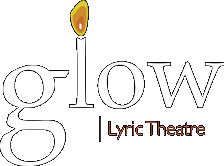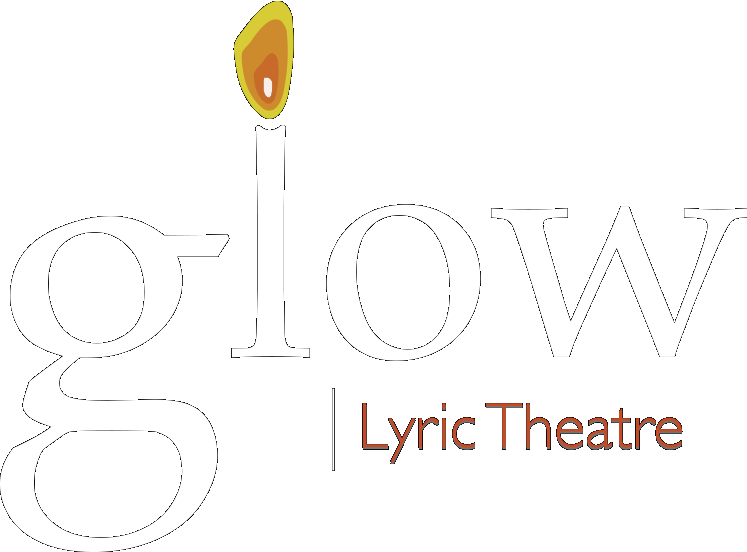GLOW Lyric Theatre makes no bones about it: It’s a stage company with a mission.
Jenna Tamisiea, GLOW’s artistic director, sums up the theater troupe’s goal for producing a show:
“How do we dig in and make this relevant so that it says something about people’s current lives and the current situation in the world?”
Fittingly, GLOW’s two shows opening this week will pointedly explore contemporary violence and the contentious debate over modern immigration.
Charles Gounod’s French opera “Romeo et Juliette” opens Wednesday. Leonard Bernstein’s classic “West Side Story” follows on Friday.
The two productions will alternate for one weekend only at Furman University’s McAlister Auditorium.
Both theater works are inspired by Shakespeare’s “Romeo and Juliet,” with Gounod bringing a French accent and the conventions of opera to the story and Bernstein transferring the play to a 1950s New York consumed by ethnic strife.
Don’t be surprised, though, to find images of contemporary violence and ethnic hostility in both productions, said Tamisiea, stage director for the shows.
Elements in “West Side Story,” particularly in its “Nightmare Ballet,” for instance, were inspired by recent incidents of violence nationwide against African Americans and police.
“I got really angry and decided we need to say something about what violence does and is currently doing to our country,” she said.
“These recent events really pushed me to think more deeply about the questions we want people to ask when they leave our show,” Tamisiea added. “The idea is that we’re all responsible for the violence of the world. We have to take responsibility and look within ourselves and how we conduct ourselves in our daily lives.”
“Romeo et Juliette,” meanwhile, takes a hard look at the fraught immigration debate. Tamisiea has updated Gounod’s 1867 opera to contemporary America.
The two warring families, the Montagues and Capulets, will become symbols of factions in the debate.
“The Montagues are a group of immigrants and refugees who are seeking asylum and protection in America,” Tamisiea said. “The Capulets are a group of people who would force them out of the country.”
The two families will be separated by an actual wall onstage, Tamisiea said.
Tamisiea’s staging was inspired by two election-year controversies: GOP nominee Donald Trump’s call for a wall on the U.S. border and the State of South Carolina’s largely unwelcoming attitude toward Syrian refugees fleeing civil war and terrorism.
“What we’re aiming to do is to have a very poignant conversation via theater about some of the issues that are hitting us close to home in South Carolina,” Tamisiea said. “It all stems from fear and prejudice.”
Maria and Romeo and Juliet that through love you can conquer and rise above violence and prejudice. These are tragedies but through their love everyone learns that love and hope are possible.”
Tamisiea said the two shows lend themselves easily to modern themes and that GLOW strives to be “very respectful of the material.”
“It’s always very important to me that we don’t impose a concept on the piece but that it actually flows from it,” she said.
GLOW’s cast is completely on board with the modernized stagings, Tamisiea said.
“The message that we’re sending is one that is exciting, and it’s invigorating the cast,” she said. “One of the greatest things we, as artists, can do is create empathy.”
A perfect musical
Musically, GLOW is not changing anything about the theatrical works, although both have been shortened to just over two hours each.
“Lush and gorgeous” is how Christian Elser, GLOW’s general director, describes “Romeo et Juliette.”
Meanwhile, Bernstein’s “West Side Story,” with its Latin and jazz-infused score, may be the single greatest American musical, Elser said.
“This might be the most perfect musical theater show ever constructed,” said Elser, music director for both productions. “Bernstein pretty much got it perfect. It is paced perfectly. Every piece of music is placed there for a reason. If you try to change it, it’s not going to work. I’ve never marveled so much at a score like this that is so exquisitely put together, both dramatically and musically.”
GLOW’s productions feature a mix of local and out-of-town talent, with a cast of about 40 for “Romeo et Juliette” and of 30 for “West Side Story.” Many cast members are participating in both shows.
Opera companies in the American South tend to favor more traditional productions rather than so-called “director’s theater,” or regietheater, in which the stage director is given the freedom to update or in other ways alter a work’s narrow original intentions. Regietheater is particularly prevalent in European opera houses.
With a budget of about $150,000, GLOW can be more innovative in its stagings than larger opera companies in such Southern cities as Atlanta and Charlotte, Elser said.
“I think being a smaller company gives us a little more freedom,” Elser said.
Elser will serve as conductor for the performances. “Romeo et Juliette” will be sung in French with projected English surtitles.
The choreography is by Carolina Ballet Theatre’s Hernan Justo.
GLOW, now in its sixth season, is known for producing work that responds to South Carolina’s social and political climate. Last year, GLOW staged two African-American musicals, “The Hot Mikado” and “The Wiz,” only weeks after a mass shooting in Charleston and the removal of the Confederate battle flag from the Statehouse.
This year, GLOW is partnering with Hispanic Alliance SC, which will host some special events at selected performances. On July 27 at 7:15 p.m., the Alliance will sponsor a panel discussion before the 8 p.m. “Romeo et Juliette.” At the July 29 evening performance of “West Side Story,” a pre-show reception will feature poetry and art by local Latino artists.
GLOW also will host a “Summer Stars Cabaret” at the intimate Furman Playhouse on July 28 at 8 p.m., featuring a 60-minute program of songs and personal stories from the cast of “West Side Story.”
For the latest in local arts news and reviews, follow Paul Hyde on Facebook and Twitter: @PaulHyde7.
YOU CAN GO
What: GLOW Lyric Theatre’s “Romeo et Juliette” by Charles Gounod; and “West Side Story” by Leonard Bernstein
When:“Romeo et Juliette”: 8 p.m. July 27 and 3 p.m. July 31; “West Side Story”: 8 p.m. July 29, also 2 p.m. and 8 p.m. July 30
Where: Furman University’s McAlister Auditorium
Tickets: $35 to $45 for individual tickets; season tickets available for $65 to $85
Information: 864-294-3267 or www.glowlyric.com/tickets

